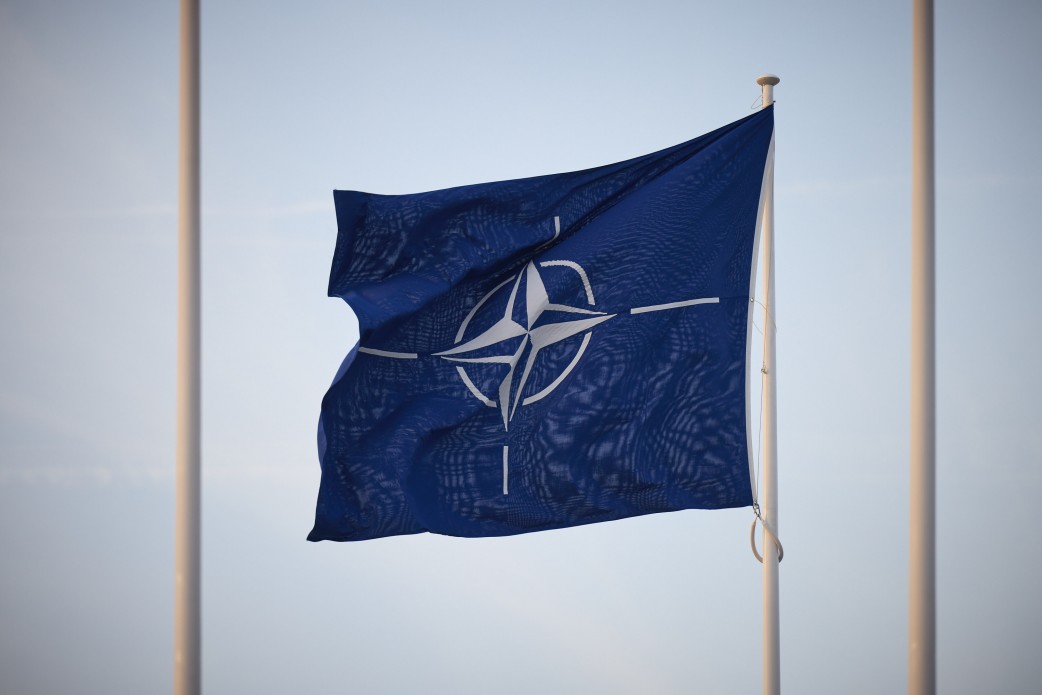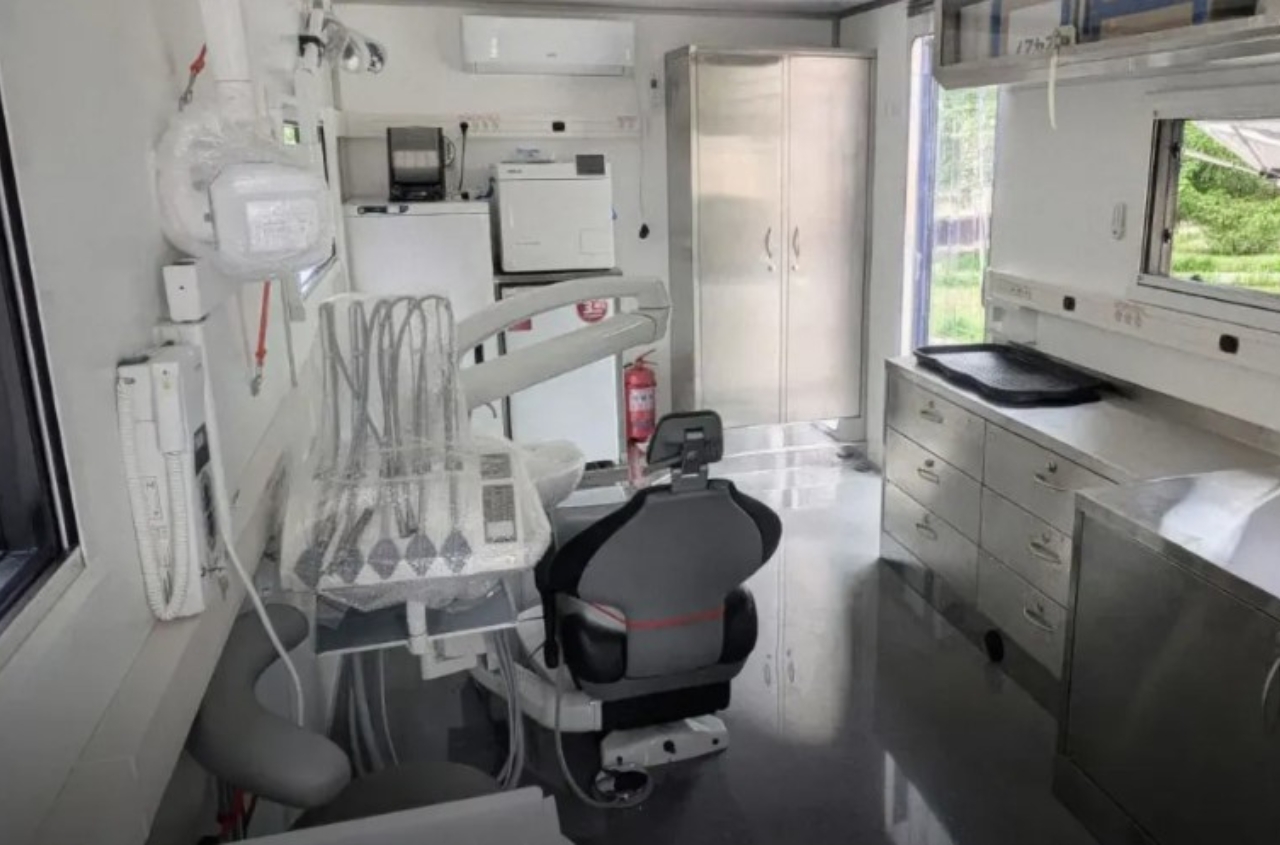In a month, there will be a fork in the road. Either there will be some clarity, providing a basis for planning, or the U.S. will plunge into a crisis over the recognition of election results. If that happens, for at least three months, all the world’s troublemakers will be able to act as they please. That’s it.
This would be the perfect time for actions that are not allowed, but if absolutely necessary and desired, they can be taken.
-
Today marks the anniversary of the Hamas attack on Israel. There hasn’t been much news about Hamas lately. Gaza has been pushed to the background. While the issue isn’t resolved, the focus has radically shifted. If rumors about American refueling of planes are confirmed, this would escalate the discussion.
-
Regarding Ukraine, a “war of signals” is unfolding. Signals to signals. Who will outsignal whom? If we were to list these signals, it would seem like some schizophrenics have mastered Morse code, seized transmission devices, and are filling the airwaves.
The overall message: Ukraine must accept a freeze along the current front lines in exchange for something.
First, it’s unclear what that “something” is. Various combat sheets hint that it may be related to NATO. They might make an announcement at the Ramstein meeting.
Perhaps they will say something. However, for NATO statements, a much more suitable venue is the NATO headquarters in Brussels, where "Ramsteins" have been held. In Germany, not only NATO members will be present. If we follow the logic, something should be politically announced at the upcoming Ramstein, and then that something should be confirmed at the next in-person meeting in Brussels (in November).
The problem is that in November, the context might be such that there will be no time to confirm anything in Brussels. Therefore, it doesn’t make sense for Ukraine’s opponents in NATO to push hard at Ramstein next week; they can always backtrack later. Everything may pass quite smoothly. Orban and Erdogan will go for coffee, and Scholz and Macron will pretend they didn’t understand without translation. But this entire structure will hang in the air with an unknown perspective.
Secondly, there are no arguments outlined as to why Moscow would freeze anything without issuing ultimatums.
Arguments would mean some real guarantees for Ukraine: funds, a volume of arms, tightening sanctions against accomplices of the Russian Federation, allocation of Russian assets for our defense needs, etc.
If this doesn’t happen, the situation will appear as follows: everything captured by Putin will be de facto recognized as his, taken off the table, and then something else will be discussed. This is, in fact, the Russian ultimatum.
It’s a complete copy of what happened from November 2021 to February 2022. To the letter. To the smallest detail.
Therefore, a billion words will be spoken. To keep the thread, it’s worth fixing tangible things: arms, money, direct obligations (which cannot be canceled with a click), inflicting direct damage on the enemy. Then we will see where we are being led.
In the material world, the picture is as follows: the Ukrainian army, with immense difficulty and at a great cost, is slowly retreating while inflicting colossal losses on the Russian army. Despite all the bad news and the obvious horrors of war, there are no grounds for demanding Ukraine's capitulation while even maintaining the current levels of Western aid. If aid is frozen or reduced, things will get much worse. But this will create problems not only for us.
Undoubtedly, the best scenario for us is to stop hostilities right now, but (!!!) on a trajectory that assumes further concessions from the Russian Federation at the negotiating table under the pressure of joint arguments from Ukraine and its partners.
Everything happening now is a struggle for the trajectory before the window of opportunity opens for decision-making regarding the war. Either we will be forced to accept losses and then refuse something (not necessarily territories—demands, plans) in exchange for a ceasefire (gradual capitulation), or the captured territories will weigh heavily on Russia, forcing it to give something up.
In summary, the focus should be on supporting the army and maintaining sanity in the rear so that we do not approach the fork in a disassembled state.





















